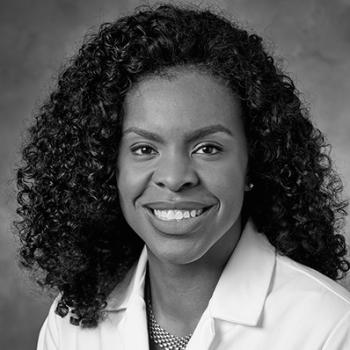

Ekene Enemchukwu, MD, Urologist in Stanford’s Urology Department, will be speaking about “Urological Issues in Parkinson’s Disease” at the Palo Alto Parkinson’s Support Group on Wednesday, July 10, from 2:30-4:00pm at Avenidas. No RSVP is required to attend.
Issues addressed will include incontinence, retention, overactive bladder, urinary tract infections, neurogenic bladder and more. Urological issues are among the most troubling symptoms for those living with Parkinson’s as well as those caring for them. Come and learn more about the causes and possible treatment options for these issues.
Here are the meeting details
Where:
Avenidas is at 450 Bryant Street, Palo Alto, 94301 (Map). Free parking is available directly across the street (look for a 3-hour space). The meeting will be in the Art Room on the 2nd Floor.
When:
Wednesday, July 10, 2:30-4:00pm
About the group:
The Palo Alto Support Group provides educational materials and engaging knowledgeable speakers for anyone in the community wanting to learn more about Parkinson’s.
We maintain a reminder email list-you may join any of our lists online or sign up for one or more of our lists at the meeting. This meeting is free and open to the public, No RSVP is required to attend.
Additional information:
We have information on all aspects of living with a PD diagnosis on our website. For information on urological issues and incontinence, visit our webpage.
About the speaker:
Dr. Enemchukwu received her undergraduate degree from Duke University. She subsequently earned her combined degree in Medicine (MD) and Public Health (MPH) at the University of North Carolina School of Medicine and Gillings School of Global Public Health. She completed her General Surgery and Urology training at Vanderbilt University Medical Center. She then went on to complete a prestigious fellowship in Female Pelvic Medicine & Reconstructive Surgery with concurrent training in Male Voiding Dysfunction and Neurourology at NYU Langone Medical Center in New York City.
She specializes in medical and minimally invasive surgical management of male and female conditions, including pelvic organ prolapse (cystocele, rectocele, vaginal vault prolapse, and uterine prolapse repairs, including concurrent vaginal hysterectomy), female genitourinary fistula, urinary tract infection, overactive bladder, urinary incontinence, hematuria, urinary retention, mesh complications, refractory fecal incontinence, ureteral strictures and urethral stricture disease (including graft reconstruction). She performs open, robotic, endoscopic and laser surgery. She also specializes in uterine sparing robotic pelvic organ prolapse repair.
Her research interests are in the areas of refractory overactive bladder in elderly/frail, neurogenic and underserved patient populations, detrusor underactivity, quality of life, patient outcomes, quality improvement, patient satisfaction, and shared decision making. Her clinical interests also include International work, with previous outreach projects in Honduras, Uganda and Nigeria.